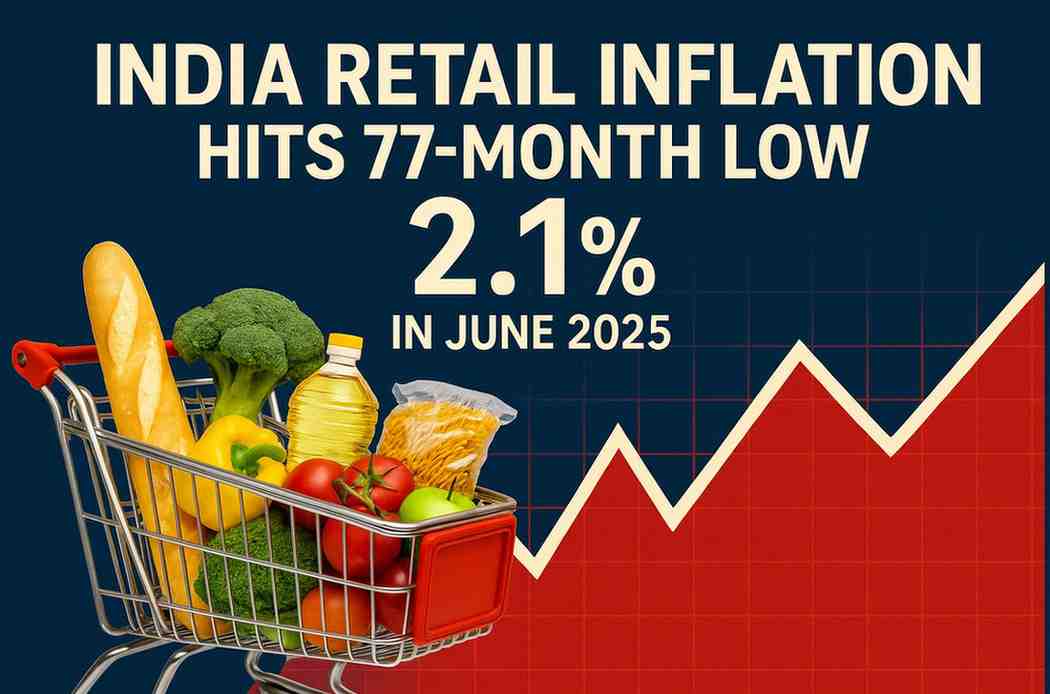-
Algos
-
Stocks
-
Trading
-
Strategies & Arbitrages
-
Mutual Funds

If you are someone who actively trades in Futures & Options (F&O), especially those quick weekly contracts, it is time to pay close attention.
The Securities and Exchange Board of India (SEBI), the country's market regulator, has raised some serious concerns about the current state of the derivatives market. A top official has hinted that some big changes could be on the horizon.
Let’s break down what has SEBI worried and what it could mean for you as a trader.
At a recent CII Capital Markets Conclave in Kolkata, SEBI's whole-time member, Ananth Narayan, laid out several problems with the explosive growth in short-term F&O contracts.
It's Looking a Lot Like a Casino The biggest concern is that a huge number of retail traders are losing money. According to SEBI's own updated research, a staggering 91% of individual traders lost money by trading in F&O in the financial year 2025.
The total loss for these traders crossed a massive ₹1 lakh crore. Narayan pointed out that this is a large sum of money that could have been used for responsible long-term investing instead.
The Market is Getting Too Jumpy The huge volume of trading on expiry days is making the market more volatile and unpredictable. This is what experts call "noise trading," where prices can swing wildly based on short-term bets rather than the actual health of the companies. This can damage confidence in the market's price-setting mechanism.
The Tail is Wagging the Dog On expiry days, the turnover in index options is often 350 times more than the turnover in the actual cash market. This means the value of bets being placed on stock prices is vastly overpowering the value of actual company shares being bought and sold. Narayan described this imbalance as "obviously unhealthy."
Based on the official's comments, SEBI is considering a few key changes to improve the quality of the derivatives market.
Longer F&O Contracts The biggest hint was a potential increase in the "tenure and maturity" of F&O products. In simple terms, this means SEBI might make the contracts last longer.
This could involve encouraging more monthly contracts and possibly reducing the number of those super-fast weekly expiries that have become so popular. The goal would be to shift the focus from short-term betting to more considered, longer-term trading strategies.
A Push for Real Investing Narayan also emphasized the need to "deepen our cash equities markets." This means SEBI wants to encourage more people to buy and sell actual company shares for long-term investment, which is seen as a healthier activity for both investors and the economy.
SEBI has already taken several steps to cool down the high volume of weekly contracts. - In October 2024, the regulator tightened the rules by limiting weekly expiries to only one benchmark index and increasing lot sizes. - In May 2025, another set of measures was announced, including linking market-wide position limits to cash volumes and establishing new criteria for derivatives on benchmark indices.
These moves show that the regulator has been uncomfortable with the current trend for some time.
SEBI is aware that any major changes could affect the revenues of stock exchanges and brokers, who benefit from the high trading volumes.
Because of this, Narayan called for all stakeholders to engage in a "constructive dialogue" on the issue. This suggests that SEBI will likely consult with market participants before making any final decisions.
For now, nothing has changed. But it is clear that SEBI is watching the F&O market very closely. If you are an active F&O trader, it is a good idea to stay updated on these developments, as new regulations could be on the way.
For more market analysis and insights into the financial markets and global economy, follow us at TheAIBull.com.

India's eight core industries grew 1.7% in June 2025, a 3-month high. While steel and cement saw strong growth, coal and electricity contracted.

Bitcoin has crossed $123,000, but this rally is different. Learn how record ETF inflows and major U.S. regulatory developments are driving the current bull run.

The Indian IPO market is heating up with seven companies, including NSDL and Hero Fincorp, expected to launch issues worth nearly Rs 10,000 crore by the end of July.

IDFC First Bank shares fall 6% in 5 days. UBS initiates neutral coverage, citing high credit costs and muted ROA as key challenges for the bank.

India's retail inflation hit 2.1% in June 2025, a 6-year low, driven by food prices. Learn what the latest CPI data means for future RBI rate cuts.

Monika Alcobev, a premium liquor importer, is launching its Rs 165.6-crore SME IPO on July 16. Get all the key details on the price band, issue size, and financials.
